Australia, right now, feels a little biblical. There was a terrible drought, then the worst bush fires ever recorded. A flood came next. Now it’s the turn of the mice.
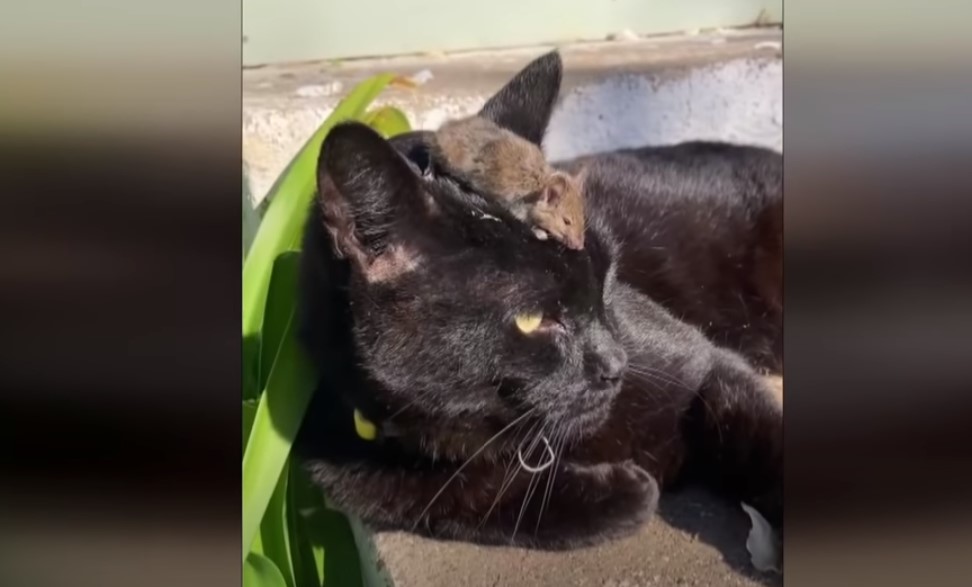
The scale of the mouse plague is hard to comprehend. In the western districts of New South Wales (NSW), the country’s most populous state, millions of mice are now on the march. There are also serious infestations in southern Queensland, Victoria and South Australia.
On social media, farmers post videos showing the swarm in action, while farming organizations say the cost is already in the millions.
When presenting reports of the mouse plague on Sydney radio, I issue a warning about “material that may disturb some listeners.” The details are disgusting. Consider yourself warned.
Bradley Wilshire, a farmer near Dubbo, captured more than 500 in one night and then shared details of how to build the bucket trap in which he caught them.
According to the Country Women’s Association, farmers have been bitten in their beds, with some protecting themselves from incursions by placing each leg of their bed or child’s cot in a bucket of sand or water.
In three towns, the mice even managed to invade the local hospital, biting patients.
Then, a month ago, there was a second flood, which some thought might drown the mice in their burrows. The impact varied. In some places, the rain stabilized mouse numbers, but in other places the populations continued to boom. Worse, the flooding drove the mice indoors, with some eating through doors and the silicon around windows to gain entry.
The emotional impact has not been properly recorded, according to Steve Henry, a mouse expert who has been advising farmers.
“People have become exhausted,” he tells me. “There are mice in their linen press, in their pantry, running across their beds, eating their food. Every day, when they get up, there are mice. Every night, when they go to bed, there are mice.”
Henry, who works for CSIRO, Australia’s national science agency, says the smell is all-pervading. When they are alive, he says, it’s the smell of their urine scent trails. Then, when poisoned, they often move beneath a building to die.
Henry talks of an information night he recently held for farmers in Walgett, a town in northern NSW. As he gave his mouse talk, Henry says, “the smell from underneath the building was incredible.”
It’s been particularly difficult for local businesses. In the NSW town of Gulargambone, Nicole Morris described the reaction of out-of-town customers at the cafe she runs. One group of diners, she says, “saw a mouse run across the floor and left halfway through a meal, which crushed me.”
She installed a sign announcing: “Yes, we do have mice and we are doing everything we can to keep the place clean.”
Her stock is all in crates, but the mice just chew into the crates. She captures 50 a night, but sometimes has trouble killing them. “The other day I just couldn’t do death,” she told the Australian Broadcasting Corp., “so I let them all go.”
As usual in rural Australia, there’s a hint of dark humor. One farmer in Tullamore, in central NSW, shot a video of an infested piano. As local radio reporter Lucy Thackray put it: “The mice have been around so long they’ve become musical.”
We locals sometimes lament that foreign journalists find Australia’s animals more interesting than our people. We are famed for having some of the cutest animals on the planet — such as the koala and the quokka — as well as many of the world’s most dangerous.
The Iowa-born author Bill Bryson, to quote one example, has painted a vivid picture of the perils posed by Australia’s wildlife. Australia “has more things that will kill you than anywhere else,” he writes in his book “In a Sunburned Country” “If you are not stung or pronged to death in some unexpected manner, you may be fatally chomped by sharks or crocodiles.”
Bryson is a fabulous writer, but Australia’s animals are mostly benign. While there was a spike in shark fatalities last year, the mortality average over the past century is less than one person per year. Our crocodiles cause an average of one fatality every three years, while the funnel-web spider — often listed as one of the most venomous in the world — hasn’t killed anyone since an antivenom was introduced 40 years ago. Even our snakes — commonly described as being the world’s most dangerous — are nothing compared with those of Asia or Africa.
So, while the world’s media loves discussing attacks by Australia’s sharks, crocs and spiders, right now it’s an army of tiny mice that win the prize for the imposition of widespread misery.
Not that they don’t now have some competition. In breaking news, the mouse plague has now created a snake plague.
I told you this place sometimes feels biblical. [TWP, Independent]
Now subscribe to this blog to get more amazing news curated just for you right in your inbox on a daily basis (here an example of our new newsletter).
You can also follow us on Facebook and/ or Twitter. And, by the way you can also make a donation through Paypal. Thank you!
You should really subscribe to QFiles. You will get very interesting information about strange events around the world.



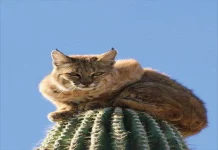
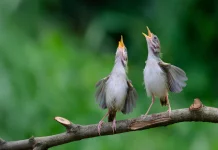



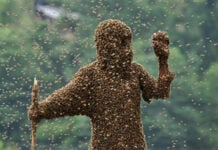
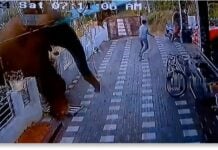
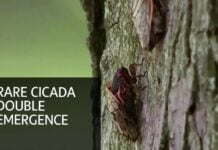

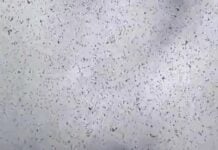

Get a small office trash can. The swivel top is key.
• Smear swivel top with peanut butter.
• Add 6 inches of water inside.
• Place near woodpile.
*That’s my best trap. 104 confirmed kills in 30 days.
Another quick repeatable mouse trap is using a snap trap, but crazy glue a dog kibble to the bait tray, and smear some peanut butter on it.
Mice won’t steal your bait, and you can simply dispose of the varmint, and reset faster. Mice carry plague, so read up on it.
nothing about cats you advertised?!?!?! fake news.
A mouse wouldn’t be able to sit on the face of this cat…
You find the cat first in the first video, deadbeat